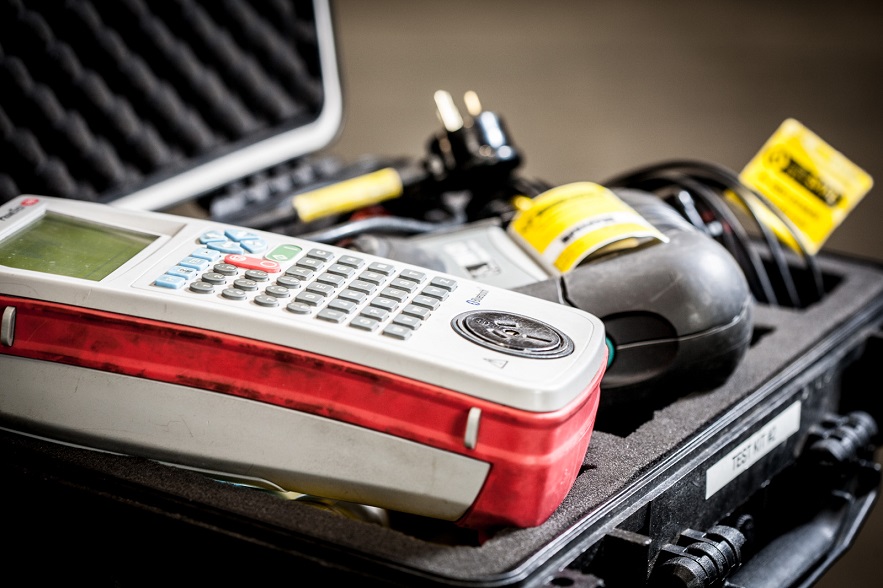The industrial test equipment is of vital importance for various industrial applications. This type of industrial equipment is of great help for analyzing different parameters. For instance, the industrial test and measuring devices ensure the safe working environment in a manufacturing plant, by measuring and testing parameters such as: humidity, gas leakage in the air, temperature, sound and more. Likewise, there is a special industrial test equipment, used for testing and measuring parameters associated with the work of electrical systems and devices, such as: voltage, resistance, phase rotation, power quality, ground resistance, phase rotation, etc.
Only by ensuring the proper values of the most important parameters, you can ensure flawless operations on your job site. For this reason, you must make sure that your testing equipment provides accurate testing results. In fact, regardless of the brand, type, design and quality of your testing instruments, after certain time of usage their accuracy may be reduced. It is under such circumstances when calibration comes into play, as a procedure of ensuring the accurate functioning of the instruments.
What is calibration? Or, why should I calibrate my industrial test equipment? These are the two most common questions of the users who have a little or now experience in the matter. If you are one of them, keep on reading to learn more about calibration and the importance of calibrating the industrial test instruments.
Simply put, calibration is a process of checking the proper functioning and accuracy of a given test instrument. In fact, it is a simple act of comparing the measuring results received by the instrument that is being tested and the results from an instrument performing flawlessly. After comparing the results, you can determine the level of accuracy of the instrument. Depending on the results, a special instrument, called calibrator is used for configuring the instrument with the purpose of adjusting the accuracy to the desired range of values.
In summary, calibrating the industrial test equipment is very important for maintaining them in top condition, with maximum accuracy possible. Calibration is especially important for the instruments which are directly related to the quality of the products you make. Most manufacturers, state the need and the frequency of calibrating a given test instrument in the manual or user's guide. In most cases, the recommended period of use, after which the industrial test equipment should be calibrated is six, nine or twelve months.
What is calibration? Or, why should I calibrate my industrial test equipment? These are the two most common questions of the users who have a little or now experience in the matter. If you are one of them, keep on reading to learn more about calibration and the importance of calibrating the industrial test instruments.
Simply put, calibration is a process of checking the proper functioning and accuracy of a given test instrument. In fact, it is a simple act of comparing the measuring results received by the instrument that is being tested and the results from an instrument performing flawlessly. After comparing the results, you can determine the level of accuracy of the instrument. Depending on the results, a special instrument, called calibrator is used for configuring the instrument with the purpose of adjusting the accuracy to the desired range of values.
In summary, calibrating the industrial test equipment is very important for maintaining them in top condition, with maximum accuracy possible. Calibration is especially important for the instruments which are directly related to the quality of the products you make. Most manufacturers, state the need and the frequency of calibrating a given test instrument in the manual or user's guide. In most cases, the recommended period of use, after which the industrial test equipment should be calibrated is six, nine or twelve months.

